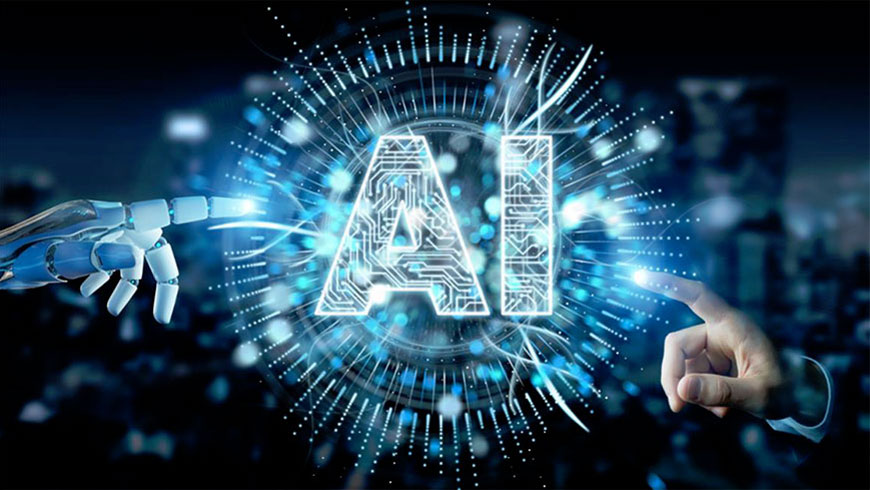US federal circuit court confirms AI cannot patent inventions

The US federal circuit court has ruled that AI systems cannot be granted patents because they are not human beings. The decision is the latest in a series of fruitless legal fights by computer scientist Stephen Thaler to copyright and patent the output of various AI software tools he's developed.
In 2019, Thaler failed to copyright an image on behalf of an AI system he called the Creativity Machine, with that verdict upheld by the US Copyright Office in 2022. In a separate proceeding, the US Patent Office determined in 2020 that Thaler's AI system DABUS could not be considered a legal inventor since it was not a "natural person," with this conclusion subsequently being sustained by a judge. The federal circuit court has now confirmed this decision once again.
In the court's judgment, Judge Leonard P. Stark points out that one might believe resolving this case would require an "abstract inquiry into the nature of invention or the rights, if any, of AI systems." Stark adds that such metaphysical concerns may be avoided by simply reviewing the language of the statute in question: the Patent Act.
According to Stark, the Patent Act defines a patent as “a new and useful invention” that is “made or discovered by man.” The Act refers to patent-holders as "individuals," which the Supreme Court has ruled "typically means a human being, a person," and it utilizes personal pronouns — "herself" and "himself" — instead of words like "itself," which Stark interprets as allowing non-human inventors in a reading.
“Statutes are frequently susceptible to a variety of plausible interpretations. That is not the case here,” Stark adds. “This is one in which the question of statutory interpretation begins and ends with the plain meaning of the text... There is no doubt: The Patent Act demands that inventors must be natural persons; that is, individuals.
The decision upholds the current state of AI patent law in the United States and shores up what is gradually consolidating as international legal consensus. In recent years, both the EU's patent office and the Australian High Court have made similar determinations (however, in Australia, a federal court initially ruled in favor of AI patent-holders).
According to BloombergLaw, Thaler plans to appeal the circuit court's decision, with his attorney, Ryan Abbott of Brown, Neri, Smith & Khan LLP, calling the court's "narrow and textualist approach" to the Patent Act "blatantly incorrect." According to The Independent: “It ignores the purpose of the Patent Act and its consequence that AI-generated inventions are now unpatentable in the United States. That is a result with real social consequences.”
Source: www.theverge.com